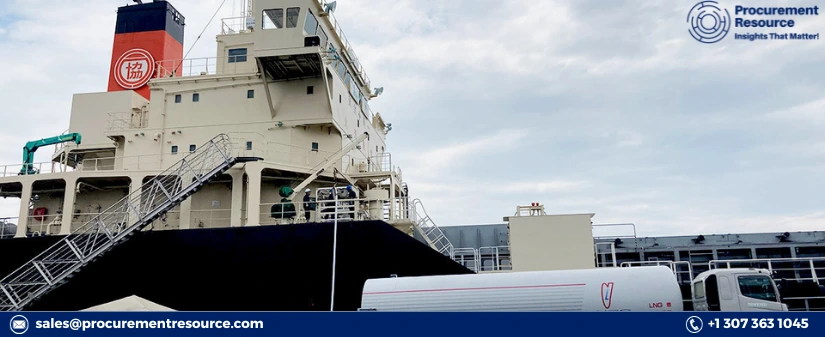Mitsui OSK Line conducts a trial using UCO as marine fuel without undergoing FAME process

The Japanese shipping company Mitsui OSK Line (MOL) has recently concluded a successful trial using straight used cooking oil (UCO) as marine fuel. This trial, which is noteworthy for bypassing the conventional fatty acid methyl ester (FAME) process, was conducted on a 499 gross tonne coastal ship. During the one-month trial, the ship navigated between Mikawa Bay and Tokyo Bay in central Japan.
For this experiment, MOL used a blended marine biofuel that consisted of 24% UCO and 76% standard bunker fuel. Impressively, the trial was completed without encountering any significant issues, as reported by MOL.
What sets this trial apart is the direct utilization of UCO without resorting to the FAME process. According to MOL, this approach could lead to greater reductions in carbon dioxide (CO2) emissions and lower production costs compared to other biofuels that rely on FAME and hydrotreating processes.
MOL emphasized the potential of biofuels in contributing to CO2 emissions reductions. This is particularly relevant for smaller coastal ships, which often have limited space for fuel tanks and other necessary equipment. The success of this trial marks a promising step forward in the pursuit of more sustainable marine fuel options.
According to the article by Procurement Resource, Mitsui OSK Line (MOL) successfully trialed using straight used cooking oil (UCO) as marine fuel, bypassing the traditional FAME process. In this one-month experiment, a ship sailed between Mikawa and Tokyo Bays using a fuel blend of 24% UCO and 76% regular bunker fuel, without any major issues. This method promises more significant CO2 reductions and lower production costs than other biofuels. This innovation is especially beneficial for smaller coastal ships with limited space.



.webp)